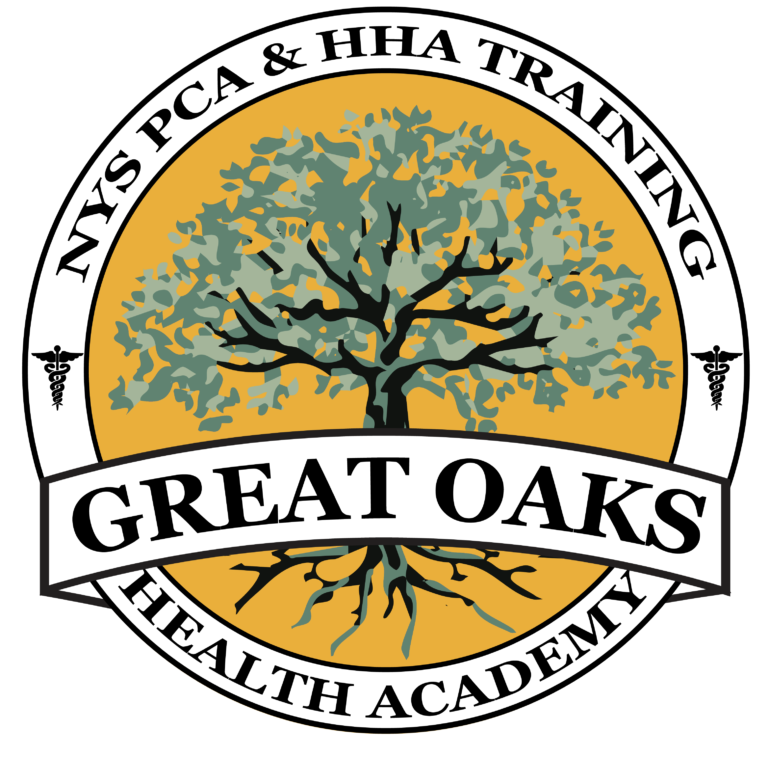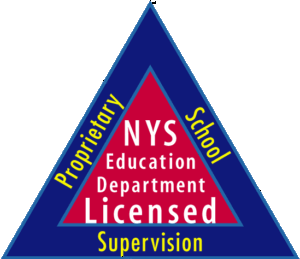CNA to HHA
Transitioning from a Certified Nursing Assistant (CNA) to a Home Health Aide (HHA) within the medical field opens up new avenues for providing specialized care and support to individuals in need. As a CNA, professionals gain invaluable experience in various healthcare settings, such as hospitals or nursing homes, and develop a strong foundation in patient care and basic medical procedures. By becoming an HHA, CNAs can apply their skills and expertise in a home-based setting, catering to the specific needs of patients in their own residences. This transition often involves honing additional skills, such as meal planning and preparation, light housekeeping, and providing companionship to promote emotional well-being. HHAs often work with individuals who prefer the comfort and familiarity of their homes, allowing for a more personal and holistic approach to care. The transition from CNA to HHA provides an opportunity for healthcare professionals to expand their scope of practice and deliver individualized care in a more intimate setting, while continuing to make a positive impact on the lives of those they serve.

CNA transition to HHA Course–Certified nurse aides (CNA) registered in the New York State residential health care facility registry (RHCF) is not required to repeat training in the content and skills learned in a previous training program. The supervised practical training will include such skills but are not limited to: assistance with the use of medications; handling the patient’s money; maintaining a clean, safe home environment; safety, accident prevention and responses to emergencies in the home; taking of blood pressure; and observing, recording and reporting in the home care setting. Students enrolled in the CNA transition to HHA course are required to successfully complete 67 hours of training to be eligible for certification.
Registration requirements:
- Valid Photo ID
- CNA certificate
- Registration fee of $50.00

